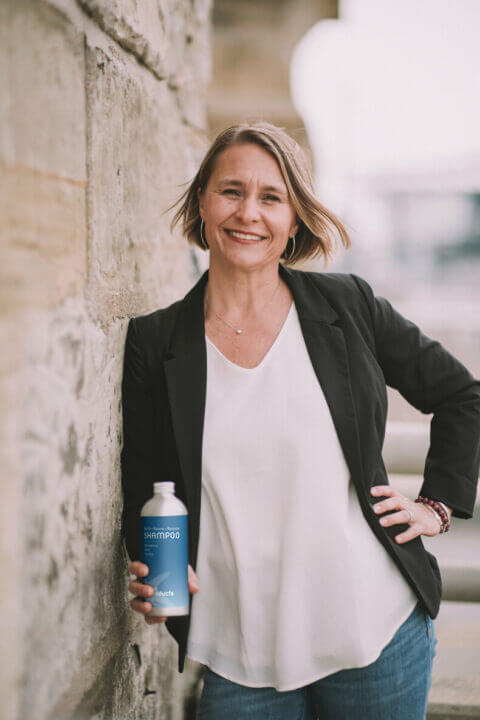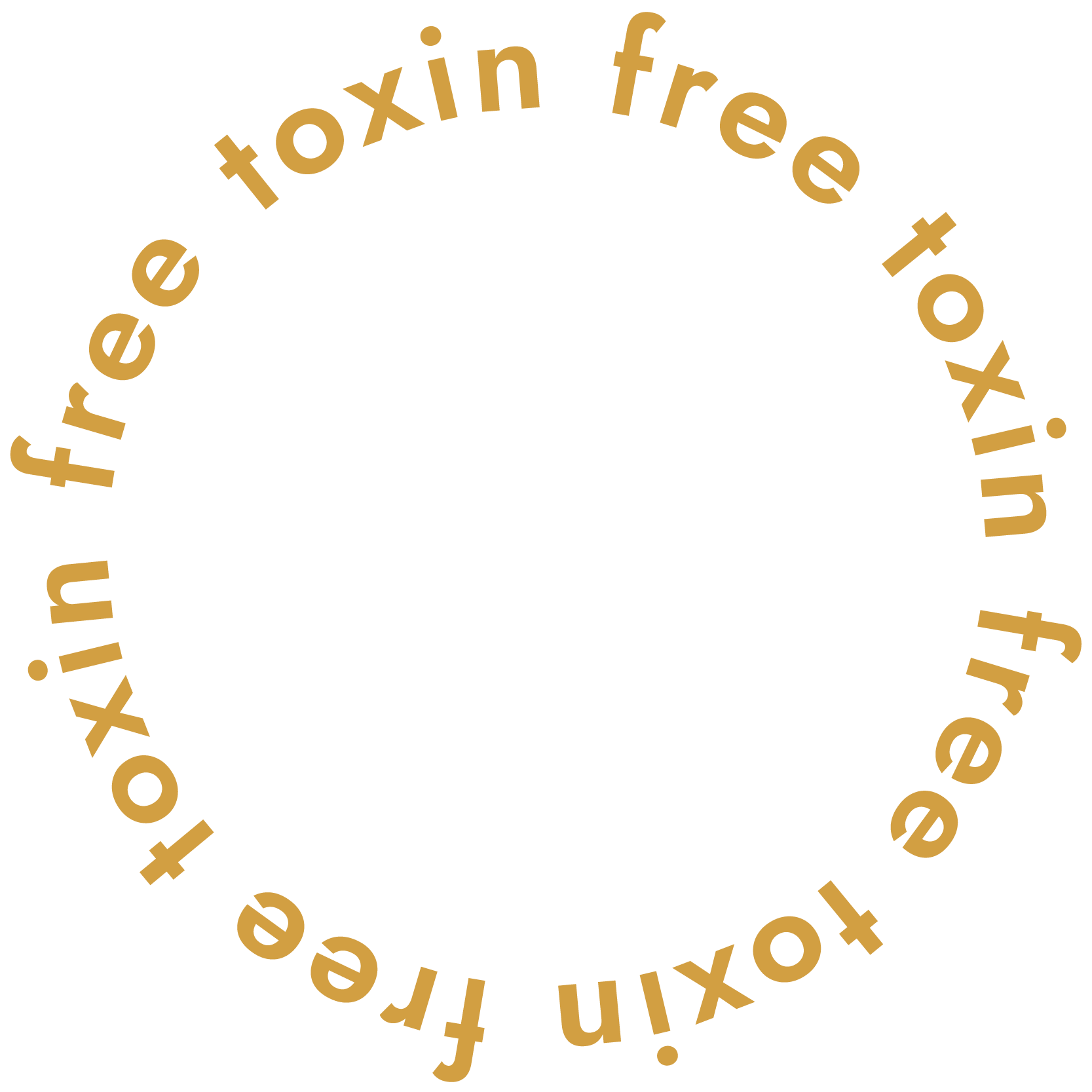Apple Podcasts | Spotify
Many people don’t understand the true devastation caused by single-use plastic until they see it. Lindsey McCoy, CEO of Plaine Products, witnessed this environmental challenge firsthand while working to clean up beaches in the Bahamas. After that, she took what she knew from the world of non-profit work and started the clean haircare company Plaine Products with her sister. Lindsey thought about the original product design for Netflix. Remember when you would get a DVD in the mail and return it when you were done? She thought, “Why can’t we do something like that with beauty products?”
Last year alone, they eliminated 110,000 single-use plastic bottles. The idea for Plaine Products hasn’t come without its challenges. We’re discussing manufacturing roadblocks, but we’re also touching on best practices for using eco-friendly shampoo and conditioners. A lot of people complain that toxin-free haircare doesn’t do the trick—listen to the episode, and you’ll walk away with best practices to achieve that squeaky-clean feeling.
We’re ending the conversation with a discussion about what it actually takes to grow and market products that aren’t on the shelves at Target. As Lindsey says, “it’s the kindness of strangers” that allows these movements to grow. If you appreciate what Lindsey is doing, consider getting started with Plaine Products through my affiliate link!
In today’s episode, we’re chatting about:
- Plaine Product’s origin story
- Why Plaine Products uses aloe-based hair care
- The why and how behind the nostalgic scents in Plaine Products
- The impact report that reflects the change Plaine Products is bringing to the world
- Lindsey’s vision of the future for Plaine Products
How Plaine Products Came to Be
Lindsey’s background is in non-profit management. When she was growing up, if you wanted to do good in the world, you did not go into business. You did something else. Lindsey got a master’s in non-profit management and worked for a foundation in Colorado. She met her now husband and he is from the Bahamas. Lindsey moved there and worked for an environmental non-profit, which was her only environmental experience. Lindsey had heard the term ‘zero waste’ at the farmer’s market, but she would find piles of plastic at beaches. She would go to the dump, and there’s all the plastic.
In the States, she saw single-use plastic pile up. Every time she threw away a bottle, she felt guilty, knowing where it would end up. In 2015, she started carrying reusable bags and water bottles because she wasn’t sure what else to do. Then she heard there could be more plastic than fish in the ocean by 2050, which changed everything.
She couldn’t find anything that could help reduce plastic use. Lindsey started thinking, “Why can’t it be like how Netflix used to be? You get a DVD, watch it, send it back, and they send you another one.”
Lindsey and her husband decided to move back to the States, and now business is a place where you can do some good. Lindsey called her sister and said she wanted to figure out how to reuse bottles. She asked if she wanted to help. Neither one of them had any idea what they were getting into. The learning curve was basically straight up.
Lindsey started talking about her idea to some green beauty, zero waste beauty people. She learned a lot about ingredients and what would be best for shipping but still keeping it a clean product. She considered herself a somewhat educated consumer but was shocked to find out what she had been putting on her body and hair. She found a manufacturer who would let them send used bottles and wanted to create a safe product to put on your body and wash down the drain. They were also vegan, which was great. They formed this partnership with their manufacturer to work on clean haircare formulas.
She knows about a lot of things now, but there’s always more to learn. Something is always changing, but her manufacturers do a great job of trying to keep up with it.
Tips for Transitioning to Clean Haircare
The trick with shampoo is that you add more water, not more product. The product’s really concentrated because it’s aloe-based, so you put some on and then just keep adding water, and you will be amazed. The lather will come, and then leave it on for a few minutes. Let it work its magic. Give the ingredients some time. Do your body wash or whatever else, and then come back around to rinse it out. Sometimes, you might need a second round of shampoo to get your hair squeaky clean.
You have to be a little bit more patient. You need a little bit of water and then the conditioner. It takes a little bit of experimentation to find the combination and time that works for you.
You may also need to switch products every once in a while. The rosemary mint is super clarifying, but it can start to dry out your scalp, especially in the winter. In that case, try the unscented or the cherry almond. It requires a little bit of experimentation.
People don’t realize that the synthetic surfactants that are added to products to make suds are really bad for your scalp and overall health. If it doesn’t sud, that’s okay!
I hope you enjoyed that interview with Lindsay. If you want to try some of my favorite Plaine products, like their gallon-sized body wash, which I’m obsessed with, you can get 20% off of your order with code WENDY. When I love something and find the brands that are making amazing products like Plaine, I shout it from the rooftops, and I hope that you do the same.
Connect with Lindsey:
If you enjoyed this week’s episode, please:
- Leave a positive review or rating wherever you listen
- Shop toxin free products on my Toxin Free Shopping Guide
- Download your free 25 Toxins to Avoid
- Post a screenshot, share what you loved, and tag me on Instagram @wendy_toxinfreeish
- Want to ask me a question to get answered on the podcast? Leave me a voice message here.
Related Episodes
Episode 50: How Toxic is Your Hair Dye and What Non-Toxic Hair Dye Options Actually Work?
Episode 96: 4 Effective Hard Water Solutions for a Cleaner, Healthier Routine


+ show Comments
- Hide Comments